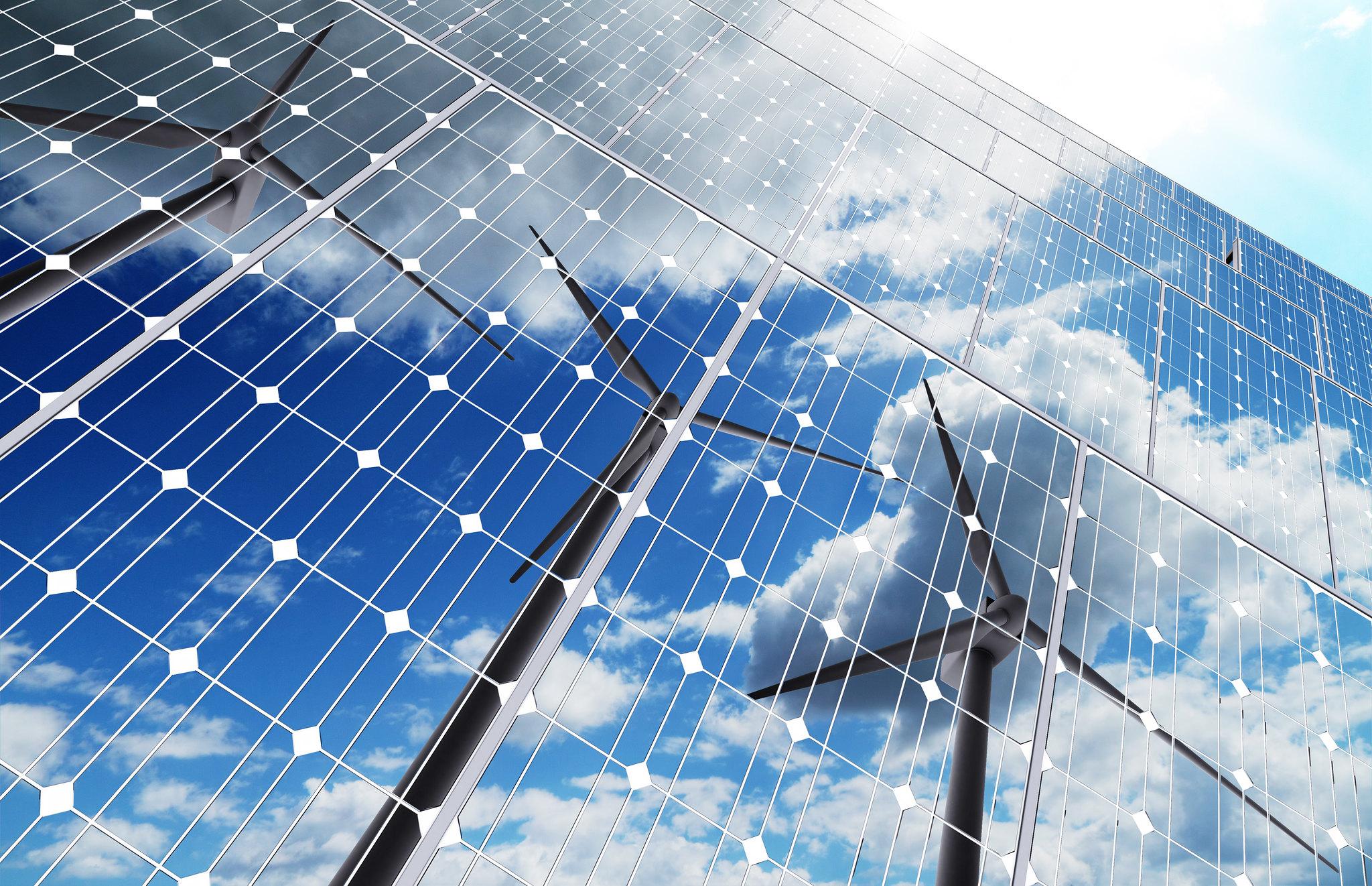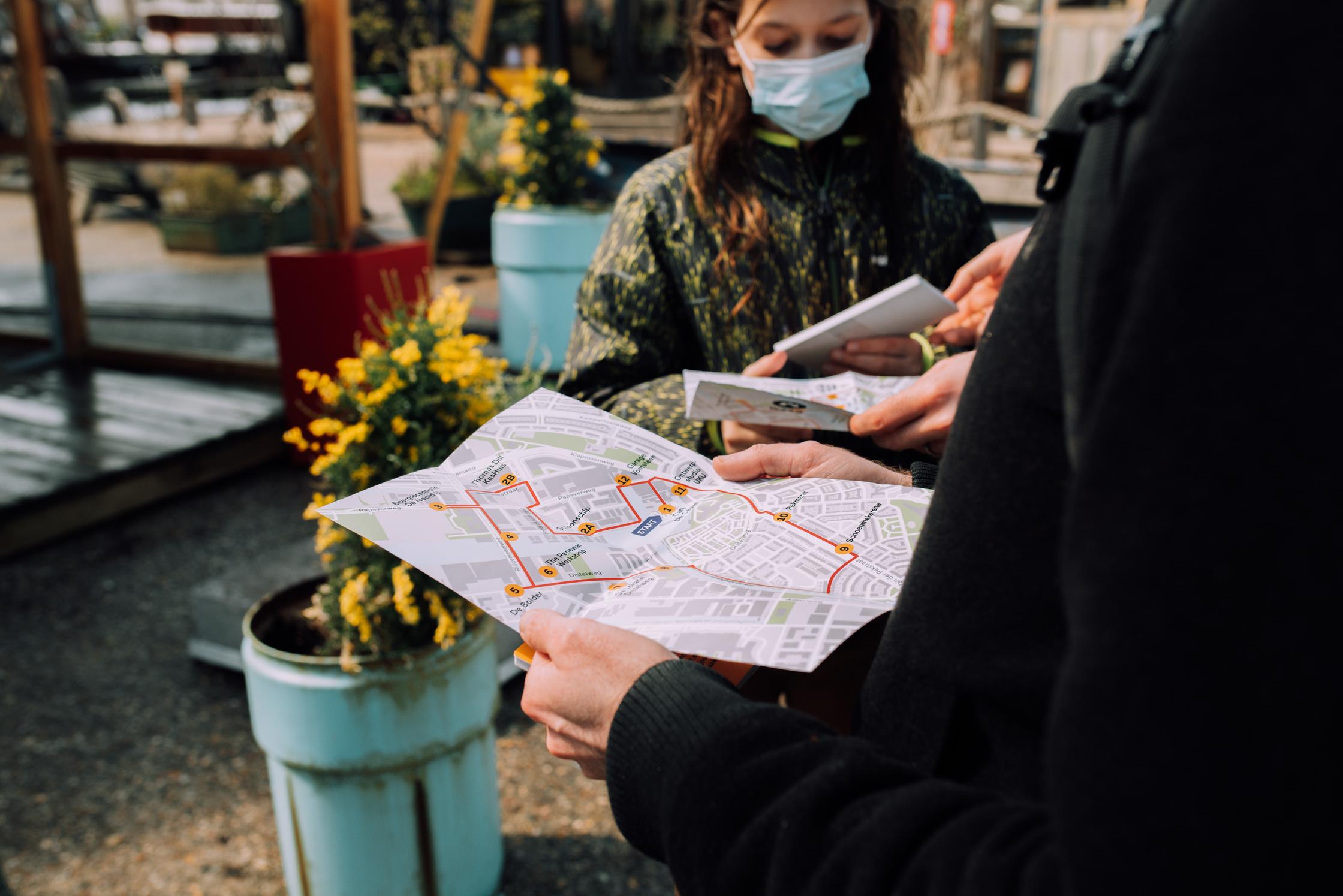The current ecological, economic and social system is under pressure. We are in a climate crisis where, time and time again, science tells us, the time frame for averting a catastrophe will not be long. Anyone who is serious about it, agrees that something needs to be done, and quickly.
Governments worldwide are preparing, embarking on, or in the midst of the "energy transition." The current dependence on finite and highly polluting energy sources must be replaced by renewable and decentralized energy generation. And there you’ll find the challenges of the energy transition. How do we get a world addicted to oil in a state of repentance for an ultimate effort to save the survival of peaceful human life on this earth?
Waag will focus on research into this energy transition in the near future. Issues surrounding the energy transition are examined through various research processes. Waag focuses on the following three crucial issues within the energy transition: the emergence of new inequalities and dependencies, the design of new organizational forms, and the unraveling of the 'black box' of the digitized energy system.
Investing is necessary, but what if that is not possible?
In order to make the transition to renewable energy, large-scale investments will be necessary - investments estimated at 200 billion euros. These are amounts that are extremely difficult to bring together for many governments, organizations and individuals. Although these investments will save them a lot of money in the long term and create new jobs, a large group of people will not be able to make these investments quickly because they do not have enough capital to do so. This can create new inequalities and reinforce existing differences. The so-called 'energy poverty', in which people spend a large part of their disposable income on the basic supply of energy and fuel, will increase further. This number is already estimated at 650,000 households in the Netherlands.
In addition, this trend will favor certain large companies. The energy sector is also in the grip of "big tech", large tech companies that push other players out of the market through data-driven revenue models. For residents, their services may be attractive in terms of price, but the bill is then paid with personal data and monitoring of privacy. This will create new dependency and put pressure on people's sovereignty in the field of energy and digital infrastructure.
This research can be followed via ATELIER.
Are you interested in the role of citizens in the energy transition? Thursday June 11th, we're hosting an online session on the role of citizens in this proces. (Dutch spoken) Registration for the event can be done here.
Which organizational form do we choose?
Now that energy will have to be generated more from a decentralized model, many voices sound enthusiastic about self-organization and models where we would no longer need the government. It is good to critically follow this trend. Of course it is good that people join together and invest in clean energy together. This strengthens the community and makes people more independent.
What we have to watch out for is that this independence only becomes a pretense or creates more problems elsewhere. While the urge for self-sufficiency is understandable, we must be careful to continue to fairly share the resources needed to deal with changing energy patterns. This is partly due to purchasing power and expertise, as described above. But even if everyone invests heavily in their own sources, energy security remains a collective fact. In order to meet major challenges such as those of the "dunkelflaute", a period with little sun and wind, a strong form of solidarity and central organization is needed. "Energy solidarity" is a core concept, about which the social debate is still very early.
Cooperative models have had a foothold in the energy domain. The main thing now is to look at how these models operate and how the interests and needs of different groups in society are given a fair place here. In addition, the energy surpluses and shortages will create an important new 'middleman' to regulate brokering. Who or which institution do we trust enough to be this intermediary? With what social values do we want this intermediary to operate? Who controls whether energy is distributed fairly according to the public values we agree on? Here too, if we are not careful, there is the illusion of a libertarian freedom without any form of common interest and protection of less strong shoulders.
This research to be followed via Chamber of Commons.
Is "sustainable" technology really neutral?
Despite the decentralized nature of the energy transition, some companies use an old approach to their efforts: the "technology push". Much smart technology is already being poured over us under the guise of "energy saving". For example, the smart thermostat seems to be a revelation in the field of economical heating, but we also see serious flaws in the field of safety and privacy.
The same will apply to platform dynamics, in which large parties will set up promising platforms for the supply and demand of energy. This infrastructure may seem free or cheap at first, but the information and data that is shared and stored can also create new positions of power for these companies and severely affect the privacy and sovereignty of users. Collectives such as energy cooperatives that make their own investments are also still attached to systems and platforms of this type of company.
The role of algorithms will also strongly increase to distribute energy over the various needs. The urgency is also increasing to make these algorithms more transparent and democratic. Who programs the smart meter? For whom do we optimize all these smart devices? And where the world goes even further, the ecological footprint of all this technology also increases. Who will map this out? And are we including these in our smarter systems?
This research can be followed via Public Stack.
The ultimate challenge
So we are on the eve of a crucial and comprehensive change in our society and systems. This is accompanied by challenges in the area of our solidarity, organizational capacity and fair technology. This transition cannot be directed centrally, or stimulated and controlled from "above". The only way we can get through this together is by using common creativity, having all the sounds at the table and setting up this process from co-creation. It sounds like an open door, but only together can we enter into an open, fair and inclusive energy transition. Testing with those involved afterwards is not enough. Citizens must and will be given a place at the heart of the design process. Do not organize "sham speech", but explicitly transfer responsibility and resources. That is why Waag and its partners in the aforementioned research projects will pay a lot of attention to increasing and strengthening the opportunities for participation in the energy transition.
Only if we can connect and strengthen existing citizens' initiatives and communities can real co-creation start and we will be able to expect support, ideas and change from everyone. Only then can the energy transition become something of and for everyone.


